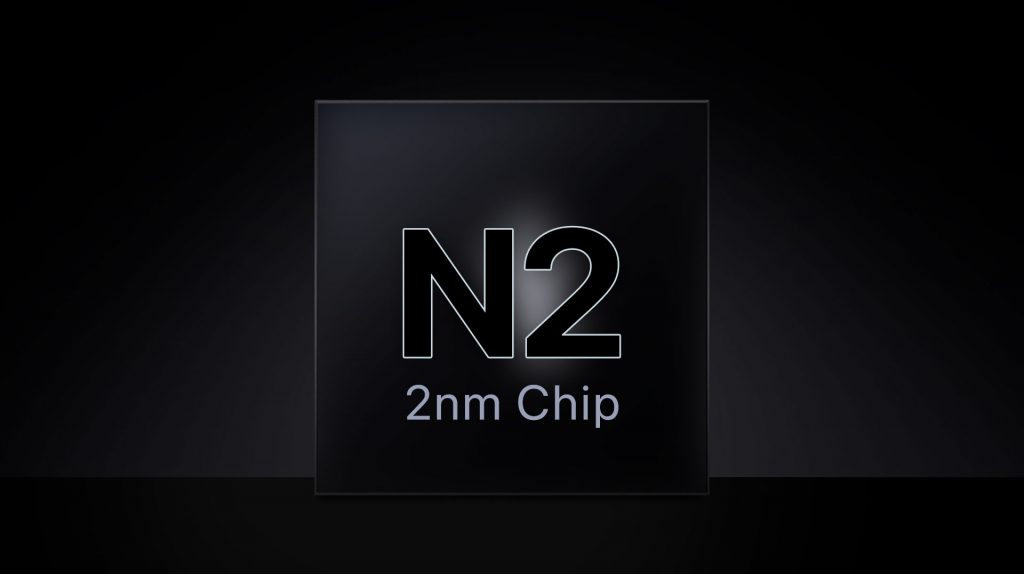Apple and TSMC 2nm chips represent the future of innovation in mobile computing. These cutting-edge processors promise unparalleled power, improved efficiency, and industry-leading design capabilities. As the competition in smartphone technology intensifies, Apple’s partnership with TSMC cements its leadership in delivering premium performance.
The move from 3nm to 2nm technology is not merely an incremental upgrade but a leap forward, showcasing Apple’s commitment to staying ahead in an increasingly competitive market.
What Makes 2nm Chips a Game-Changer?
The transition from 3nm to 2nm technology unlocks a new level of performance for Apple devices. Smaller chip nodes mean faster processing speeds, enhanced energy efficiency, and reduced heat generation. These improvements directly impact the user experience, enabling smoother multitasking, faster app launches, and extended battery life.
TSMC (Taiwan Semiconductor Manufacturing Company), known for its unmatched expertise in chip fabrication, plays a critical role in this advancement. As Apple’s exclusive chip partner, TSMC’s 2nm manufacturing process ensures precision and reliability, reinforcing Apple’s reputation for delivering premium devices.
How 2nm Chips Will Transform Future iPhones
Apple and TSMC 2nm chips promise up to 15% faster performance compared to 3nm chips, providing users with exceptional speed and efficiency. Graphics rendering, AI-driven tasks, and app responsiveness will all see significant improvements.
One of the standout features of the 2nm architecture is its energy efficiency. With less power consumption, iPhones equipped with these chips will offer longer battery life without compromising on performance. This advancement is particularly critical as users demand more from their devices.
The reduced size of 2nm chips allows Apple to innovate in design. With more internal space freed up, future iPhones could see slimmer profiles or additional features like larger batteries or enhanced cooling systems.
Apple’s Competitive Edge with 2nm Technology
Apple’s decision to integrate 2nm chips before competitors demonstrates its strategic foresight. With Samsung and Qualcomm also racing to adopt similar technology, Apple’s head start solidifies its leadership in delivering cutting-edge hardware.
The benefits of Apple and TSMC 2nm chips extend beyond iPhones. These chips are likely to power future iPads, Macs, and even Apple’s augmented reality devices. This unified architecture reinforces Apple’s strategy of creating a seamless network of interconnected devices.
Addressing Environmental and Production Challenges
TSMC’s 2nm chips align with Apple’s sustainability goals. By using less material and consuming less energy during production, these chips contribute to reducing the overall environmental footprint of Apple’s products.
One of the challenges of adopting new technology is ensuring high production yields. TSMC’s state-of-the-art facilities and expertise mitigate potential risks, ensuring a steady supply of 2nm chips for Apple’s flagship devices.
The Future of iPhones with 2nm Chips
Apple and TSMC 2nm chips will amplify AI-driven features in iPhones. From on-device Siri processing to enhanced photo editing and real-time language translation, these capabilities will redefine how users interact with their devices.
With 2nm chips, Apple devices will be better equipped to handle the demands of future connectivity standards like 6G. Faster data speeds, reduced latency, and improved network reliability will ensure seamless performance in a hyper-connected world.
Paving the Way for Innovation
The partnership between Apple and TSMC on 2nm chips is a testament to their shared commitment to innovation. These chips not only promise to elevate the performance of future iPhones but also set a new benchmark for the entire tech industry.
As Apple integrates these groundbreaking processors into its devices, the user experience will reach new heights. Apple and TSMC 2nm chips are poised to revolutionize mobile computing, delivering unmatched power, efficiency, and innovation.
